Earth's Low Temperature Life: An Analog for Mars and Europa?

When: March 31, 2008 11AM PDT

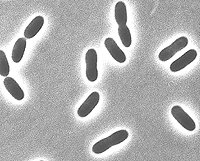
Earth’s solar system harbors many frozen environments that contain liquid water and therefore present a rationale to consider the possibility of microbial life within them. The subsurface realms of Mars and Europa are two such examples. Among the many different types of frozen environments on Earth, sea ice has captured astrobiological attention for its retention of significant liquid water (brine) even as the eutectic of seawater is approached (-55 C), and because liquid water on Mars and Europa is expected to be salty as well. We have each explored this environment as a model system for studying various ecological, physiological and diversity aspects of microbial life at very low temperatures. A critical determinant of many life processes in very cold saline ice appears to be the presence of organic exopolymers which serve multiple functions as they coat a cell, from enhancing cryopreservation to enabling metabolic activity. One psychrophilic or cold-adapted bacterium isolated from Arctic sea ice and brought into pure culture, Psychromonas ingrahamii, has been shown to grow at temperatures of -12 C or lower. The recent sequencing of its genome is providing new information about the properties that help explain the adaptation of life to subzero temperatures.
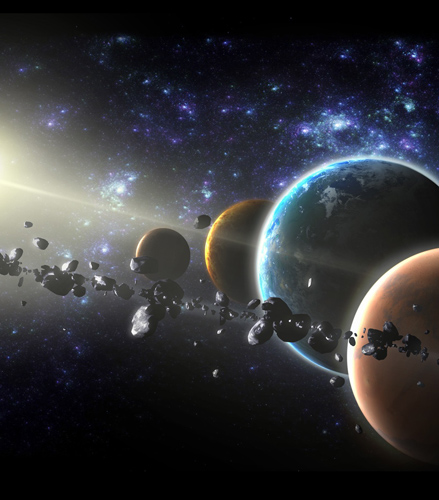 A Talk With Jim Green
A Talk With Jim Green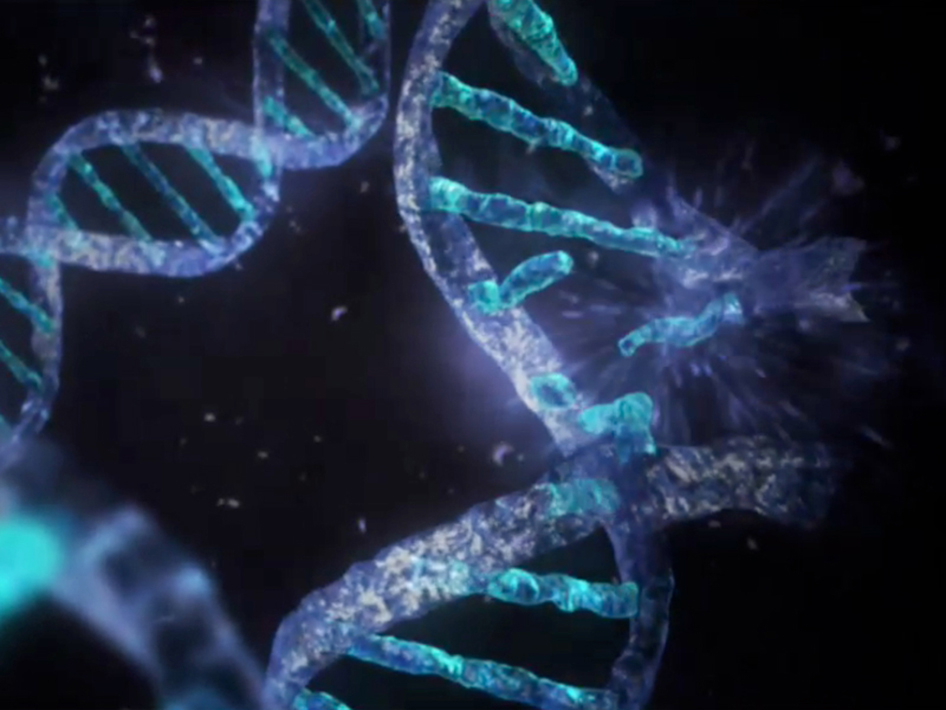 What Can Extant Genomes Reveal About Early DNA Metabolism?
What Can Extant Genomes Reveal About Early DNA Metabolism?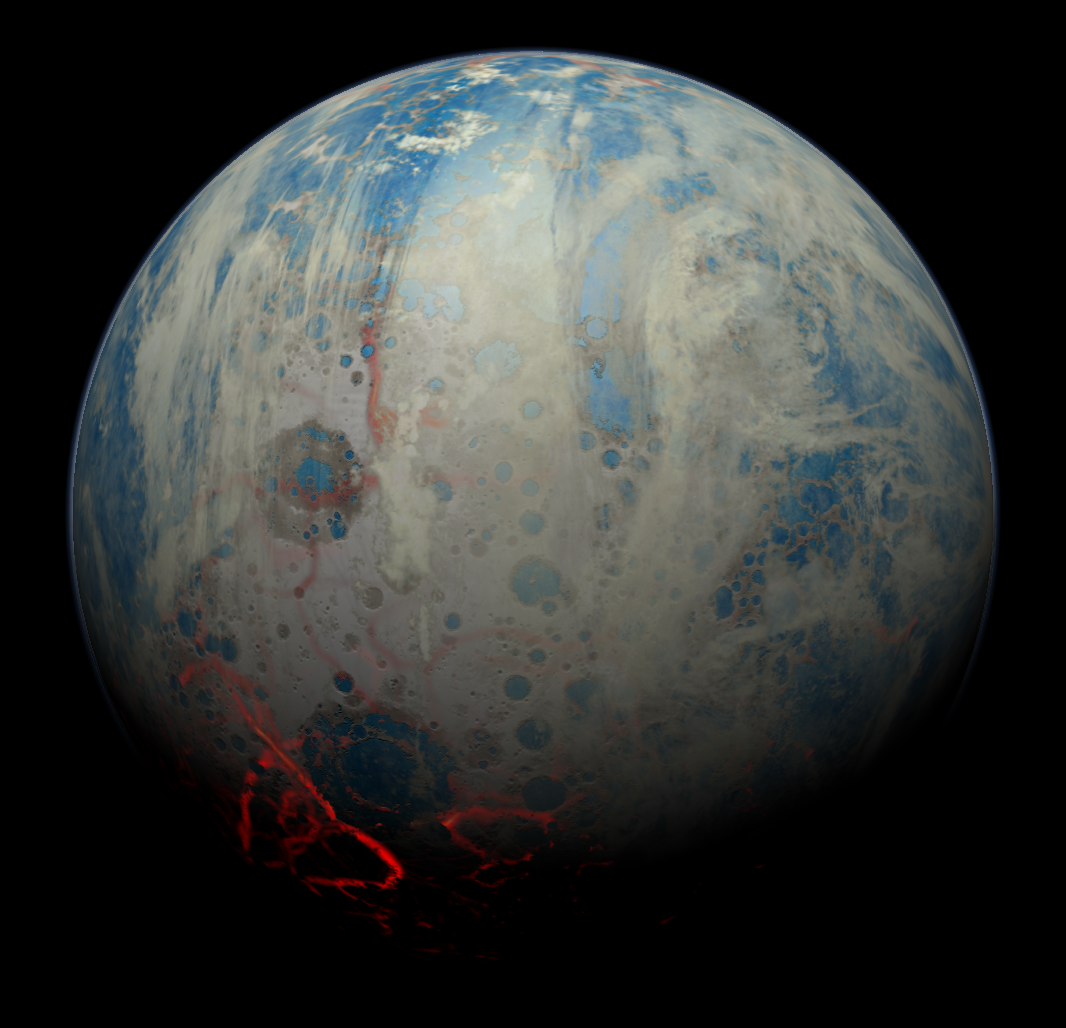 What We Talk About When We Talk About Earth's Oxygenation
What We Talk About When We Talk About Earth's Oxygenation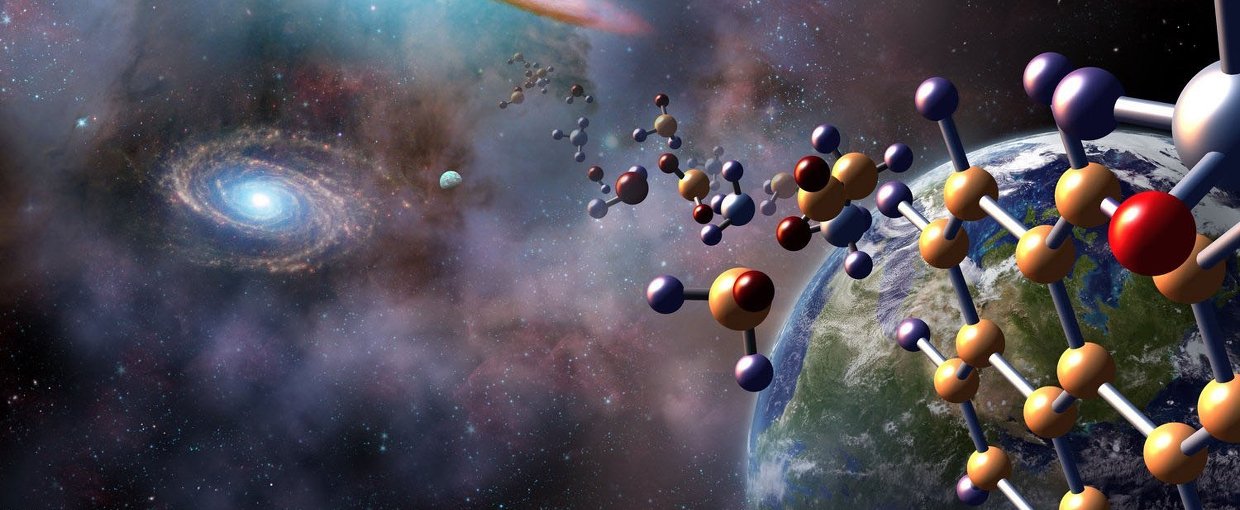 Bowling With Astrobiologists: A Twisted Path Toward the Origin of DNA
Bowling With Astrobiologists: A Twisted Path Toward the Origin of DNA